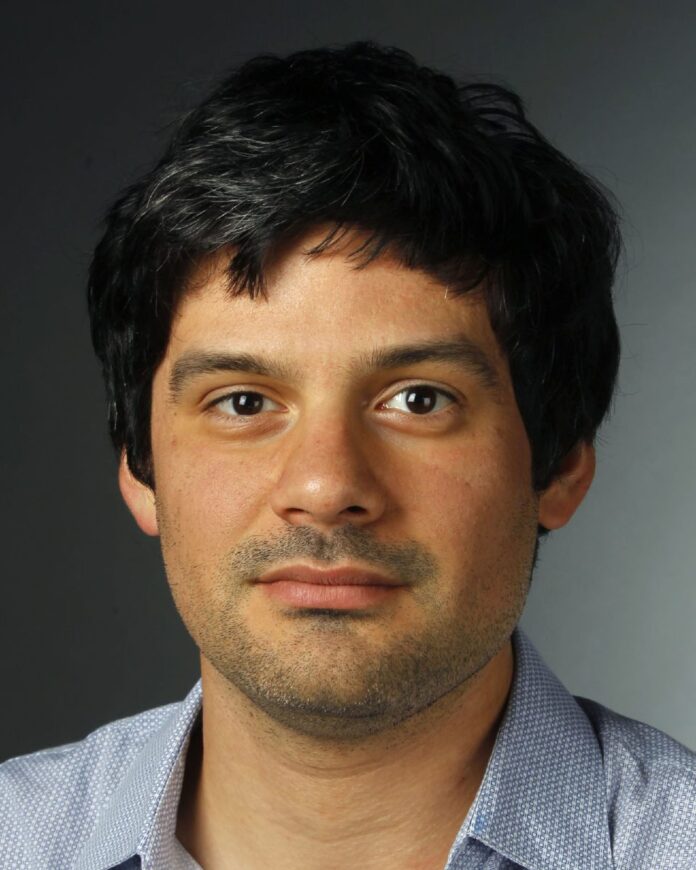Full disclosure: I’m a 31-year-old overweight, out-of-shape reporter. I don’t exercise as much as I should, sometimes I don’t drink enough water but I do drink more than enough alcohol on occasion.
I recently tweaked my hamstring playing rec-league basketball. Ignoring my injury like an idiot, I played goalkeeper for my 7-on-7 soccer team the following night.
Making things worse, I hurt my leg more by awkwardly sprinting to grab a ball in a blowout loss, in which I allowed something like six goals (I don’t quite remember because I might not want to, and all I was thinking about during the second half is how I physically couldn’t walk).
And while these sports activities could be interpreted as an attempt to get in better shape, they aren’t enough because I’m not dedicated to consistent exercise or eating healthy.
So, I’m committing myself to living a healthier life and working with local health and nutrition experts. I want to eat better and exercise more. Life is short and if writing words holds me accountable, I’m willing to try.
I want to take the readers on this journey.
We’ll learn strategies to make healthier choices, and also likely ignore that info on occasion. Life is about moderation. We’ll cook healthier, learn about meal prepping and try different ways to exercise.
Also, I’m eager to test wellness-related resources covered by my health insurance.
A key to a change in behavior is planning ahead, according to Dr. Michelle Cordoba Kissee with the Diabetes and Endocrinology Institute at Doctors Hospital at Renaissance.
Kissee suggests setting a date for when to begin a lifestyle adjustment and looking forward to it.
“You need to prepare for the change. You can’t just say, ‘well, that’s it. Tomorrow I’m not doing x,’” she said. “What is that going to look like for you?
“Who are you going to identify for support? How are you going to do your grocery shopping differently or get a gym membership?”
Most people aren’t going to cut a bad habit cold turkey, she said, so understanding that it’s not the end of the world if one fails sometimes is crucial. No one is perfect.
“Recognize that when things don’t go well, you don’t let one derailment screw everything up,” she said. “I think it’s important to have a backup plan of what happens when you relapse.”
It’s also beneficial to write down goals, she said. And, it’s good to find a support system.
“If you find someone that will commit with you, then you hold each other accountable,” Kissee said. “Hav-ing that helpful person committed with you is going to pull you back” from inevitable setbacks.
On June 27, I’ll layout my nutrition, exercise and medical plans and goals. If you have any questions about how to prepare, or how to make health-related goals, you can email me at [email protected] or post them on Twitter or Facebook using #healthyrgv. I will take your questions to our collaborators.
For me, this is the beginning of living a healthier lifestyle and not something with a finish line.
Join Monitor reporter Daniel A. Flores for candid thoughts and no-bull access on his path to a healthier lifestyle. For the remainder of the year, Flores will provide updates to his personal health journey while providing insight from local health and nutrition experts.
Email [email protected] with questions or with the progress of your personal health journey using #healthyrgv on Twitter or Facebook. Posts could end up in publication or as the basis of future stories.




